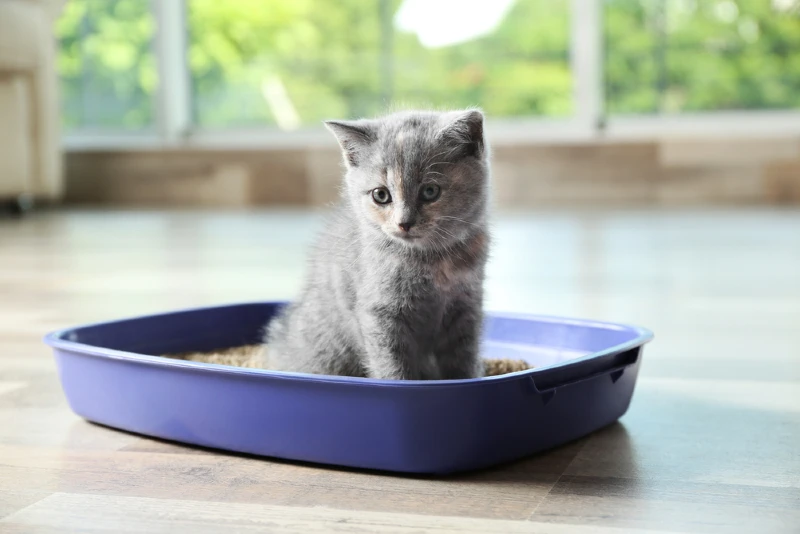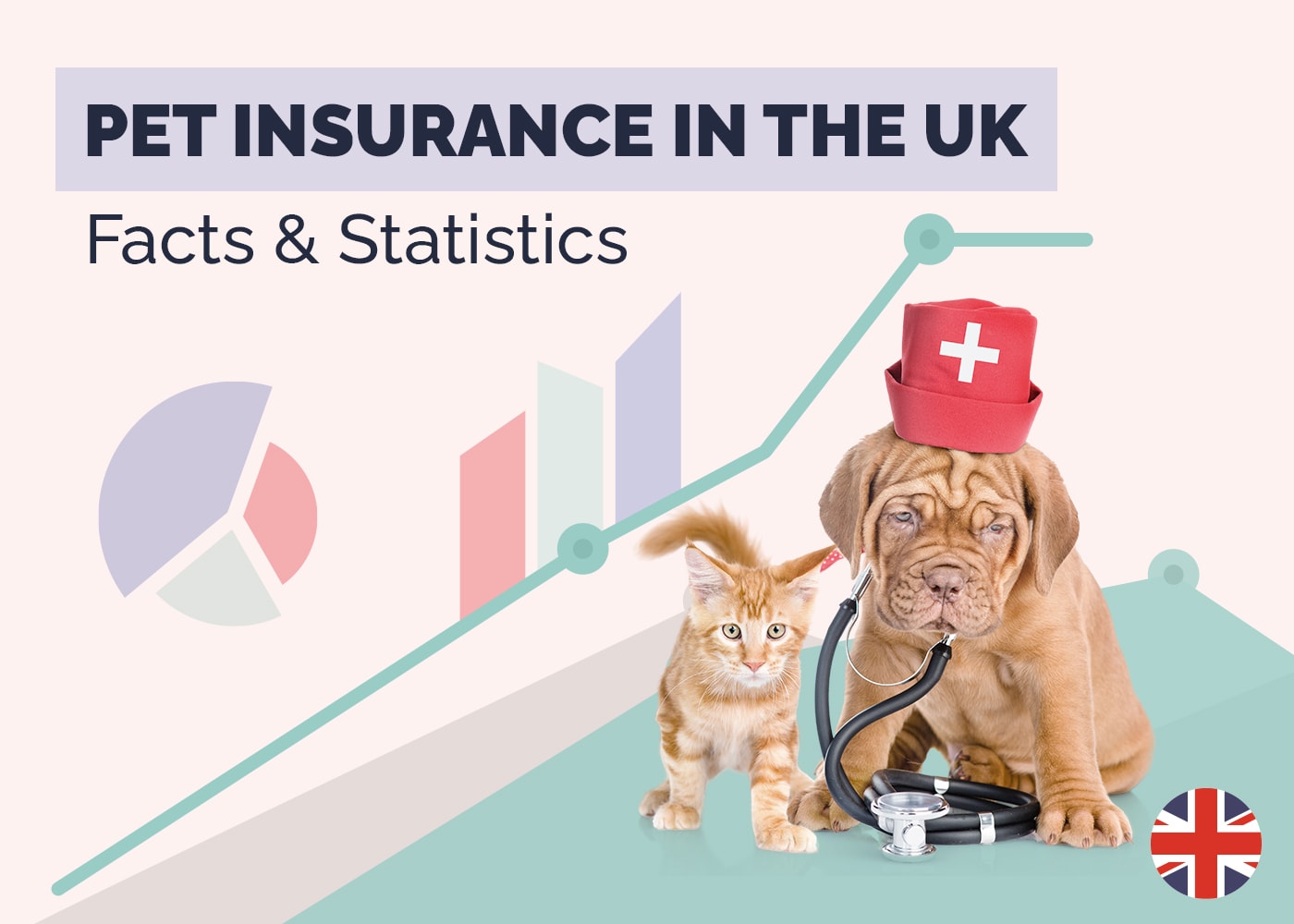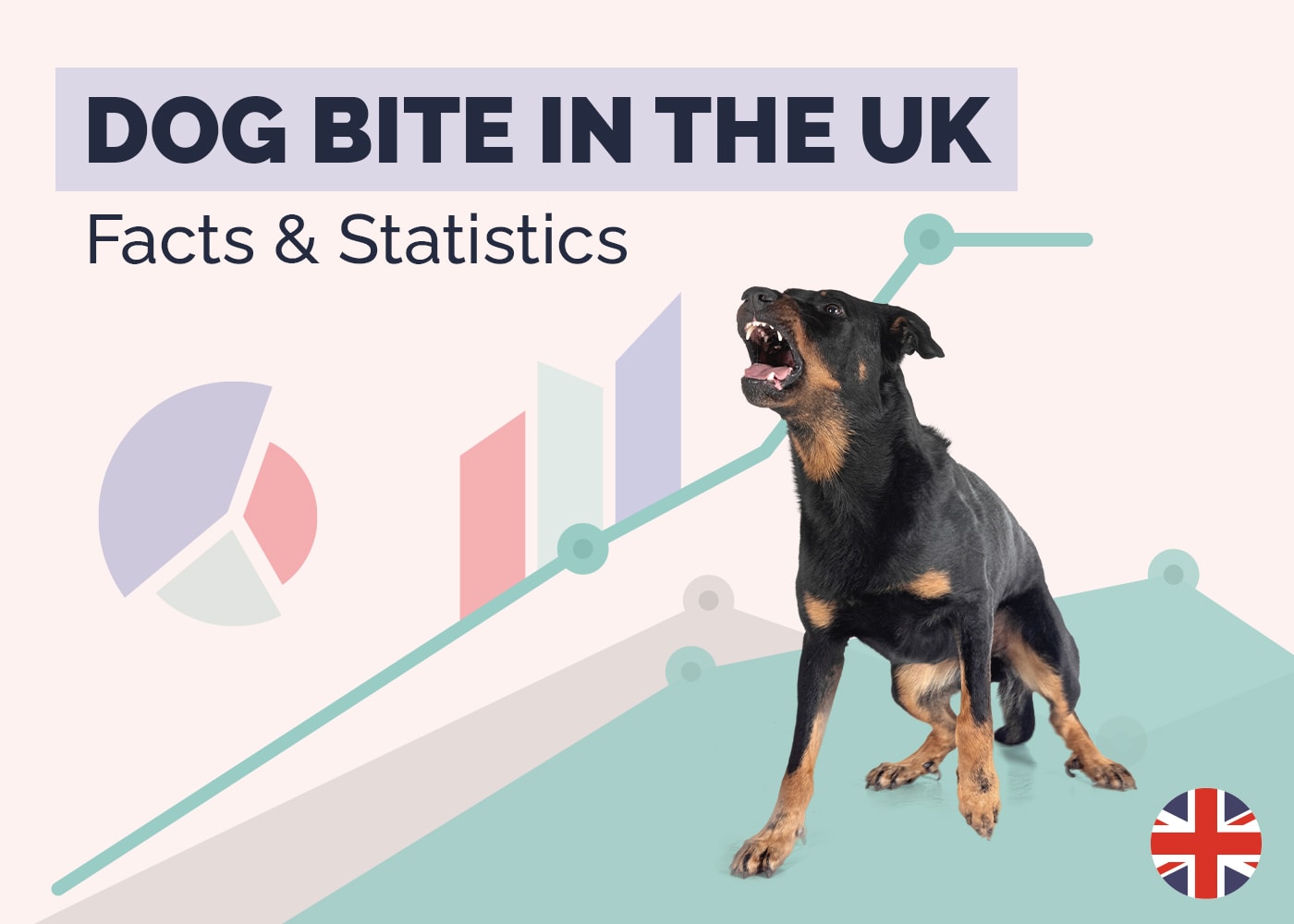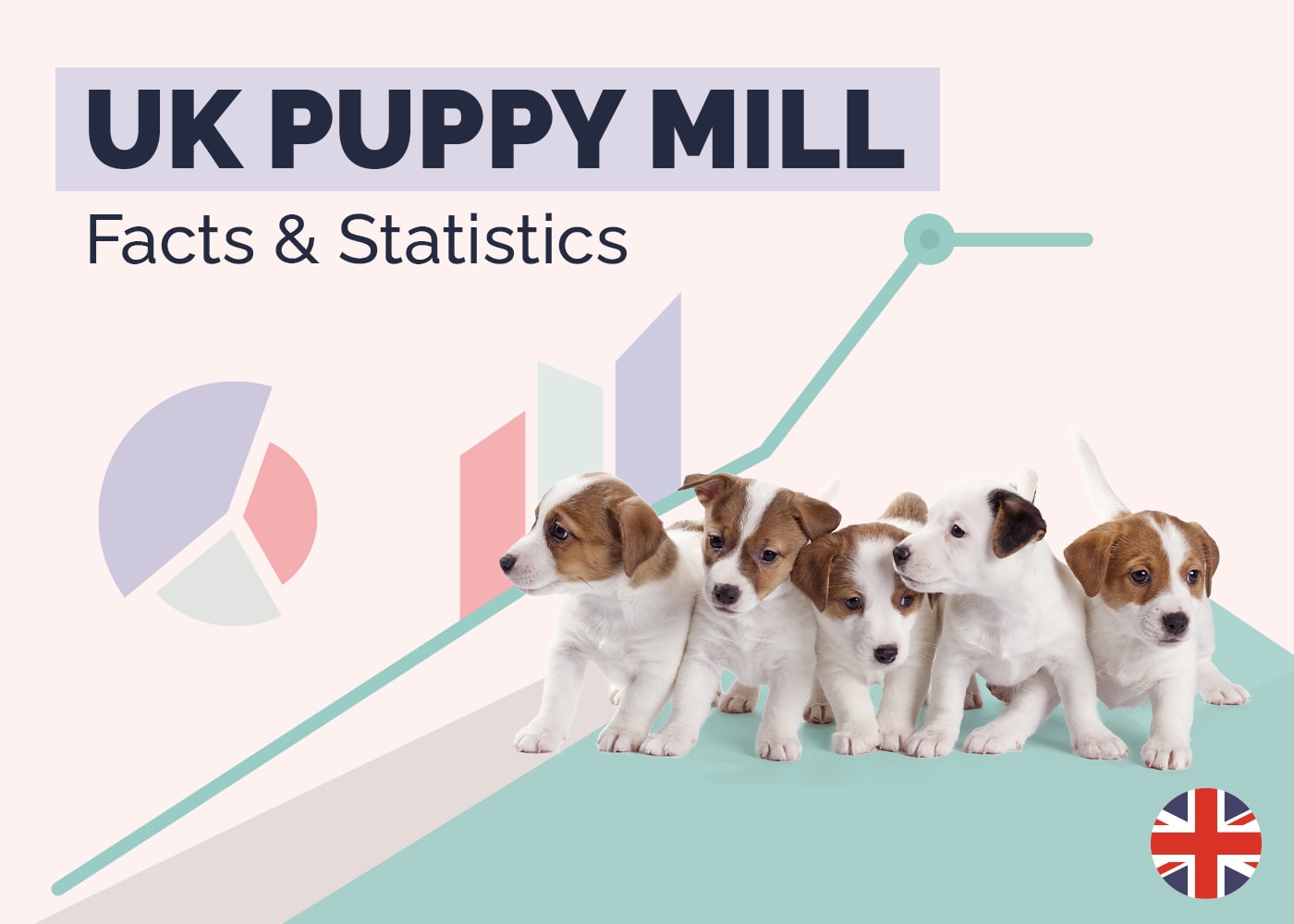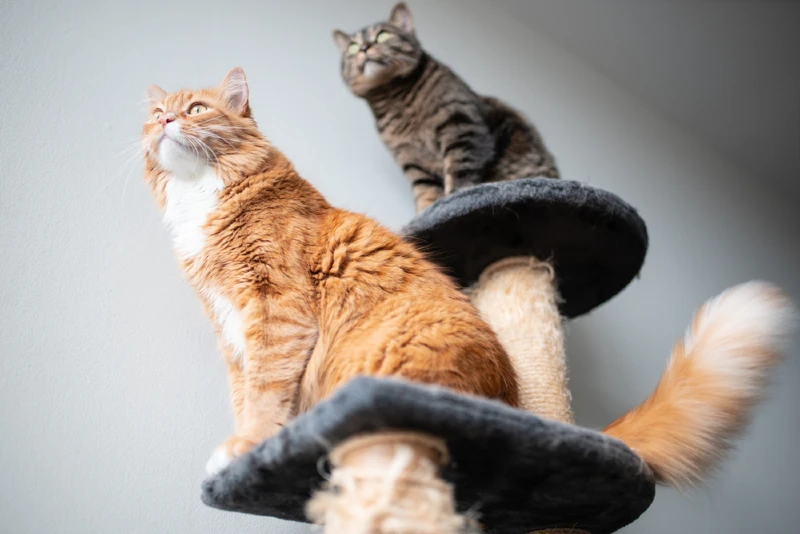19 UK Pet Adoption Statistics & Facts (Updated in 2024)

Updated on
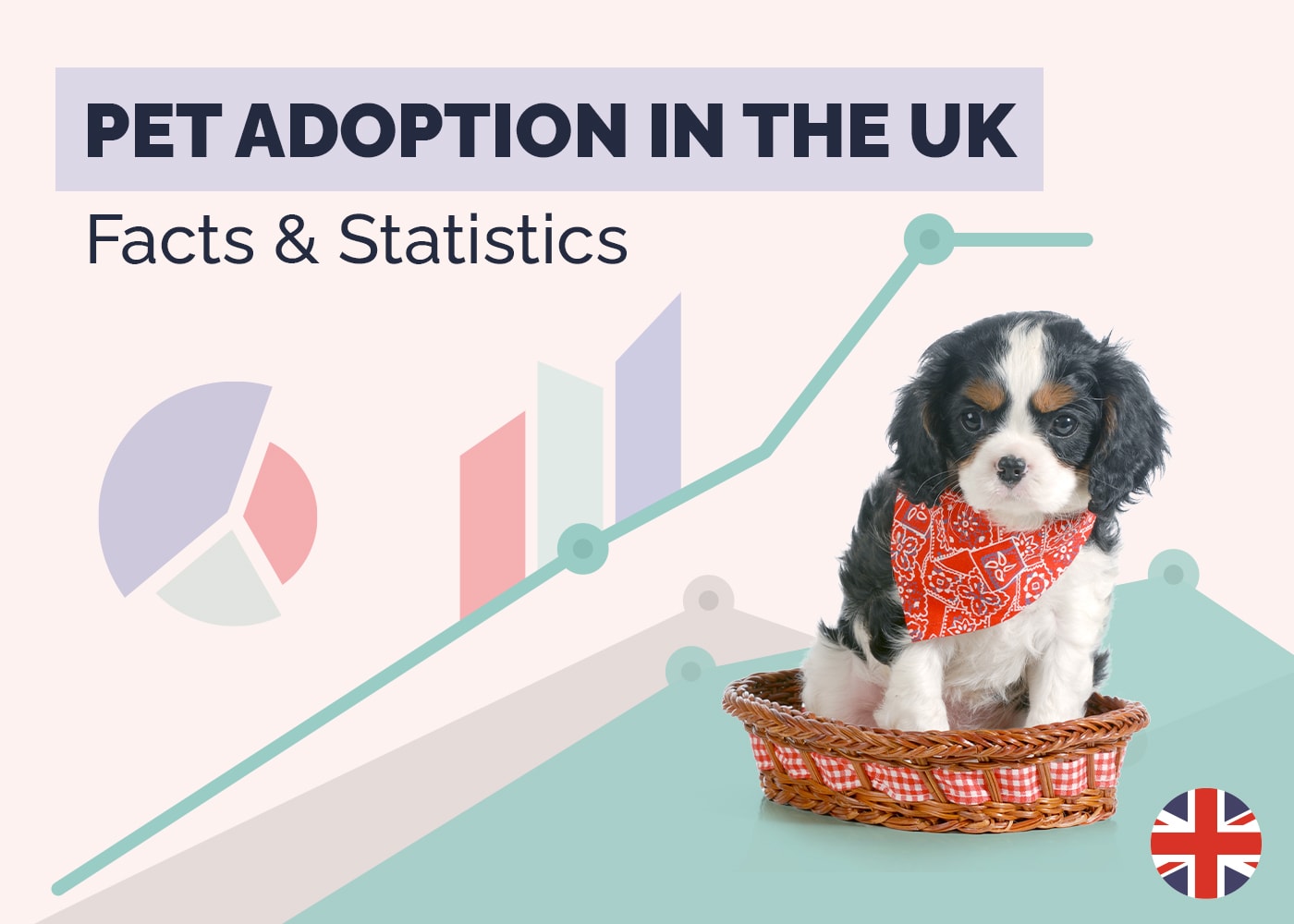
Click to Skip Ahead
Note: This article’s statistics come from third-party sources and do not represent the opinions of this website.
Unfortunately, hundreds of thousands of pets are surrendered to shelters and charities in the UK every year, and it is estimated that there are more than a million animals currently in shelters. Dogs are more likely to be surrendered by their owners than cats, but many stray pets also end up in shelters.
Although microchipping can help ensure that strays are reunited with their owners, it is only a legal requirement that dogs be microchipped in the UK, with similar legislation set to be introduced for cats: legislation that has the support of 99% of survey respondents.
Below are 19 pet adoption statistics including information on the number of animals surrendered every year and the reasons that most buyers still choose to buy rather than adopt.
The 19 UK Pet Adoption Statistics
- There are 10.2 million dogs and 11.1 million cats in the UK.
- More than half of UK adults own a pet.
- There are more than 1.1 million homeless pets.
- There are more than 1,000 rescue centres in England alone.
- The biggest thing that prevents people from adopting is having to deal with behavioural issues.
- 22% of people believe an adopted pet will be constantly ill.
- Approximately one in five people would never consider getting an adopted pet.
- Approximately a quarter of a million animals end up in shelters every year.
- Only 14% of owners got their dogs from a rescue or shelter.
- The majority of people surrendering their pets are aged under 35.
- Dog-to-dog aggression is the most common reason adopted dogs are returned to the shelter.
- Watford is the area with the highest interest in dog adoption.
- Interest in dog adoption rose 15% during lockdown.
- More than a million pets were surrendered for adoption during the pandemic.
- Pandemic dogs are more likely to be given up than cats.
- Since 2016, it has been a legal requirement that all dogs over 8 weeks of age be microchipped.
- 99% of people believe it should be a law that cats are microchipped.
- 2.8 million cats are currently not microchipped.
- Eight out of 10 stray cats are not microchipped.

Pet Ownership and Pet Homelessness
1. There are 10.2 million dogs and 11.1 million cats in the UK.
(PDSA)
The UK loves its pets. Its population of just over 67 million people owns 10.2 million dogs and 11.1 million cats, although these figures are an estimate because not every pet is registered.
According to figures from the PDSA, this means that more than a quarter of adults live with a dog and just under a quarter live with a cat. This also shows that while fewer households have cats, those that do have them tend to have more cats than dog owners have dogs.
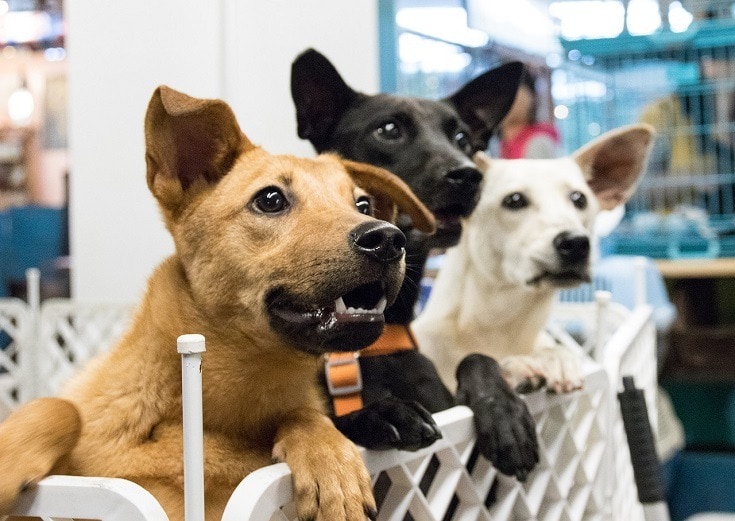
2. More than half of UK adults own a pet.
(PDSA)
About 52%, or just over half, of the adult population of the UK owns a cat, dog, or rabbit. When taking into account other types of pets, including small mammals like hamsters and birds or fish, the figure is likely to be a lot higher.
3. There are more than 1.1 million homeless pets.
(Wales Online)
More than 1.1 million pets in the UK are homeless, either in shelters waiting for adoption or living as a stray. There are many reasons that pets end up homeless. Some are strays and may have gotten out of the house without the owner knowing. Some are surrendered because they are ill or because the owners could no longer cope with them.
Unfortunately, during the pandemic, there was a rash of pet purchases, but owners found that they could no longer care for the pets once lockdowns ended and work started again. These pets find themselves in shelters through no fault of their own.

4. There are more than 1,000 rescue centres in England alone.
(UK Government 1)
Some homeless animals might be taken on by friends or family members of the original owners. Others end up in shelters and rescue centres that care for the pets while looking for potential new owners and homes.
There are believed to be more than 1,000 such shelters in England alone, and more in Scotland, Wales, and Northern Ireland, meaning that the total figure for the UK could be closer to 1,500.
General Adoption Attitudes
5. The biggest thing that prevents people from adopting is having to deal with behavioural issues.
(Blackpool Gazette)
Pet owners are generally encouraged to adopt rather than buy their pets. However, a small fraction of people actually do. When asked about their attitude toward adopting a pet, 54% said they were primarily concerned with the animal’s behavioural issues.
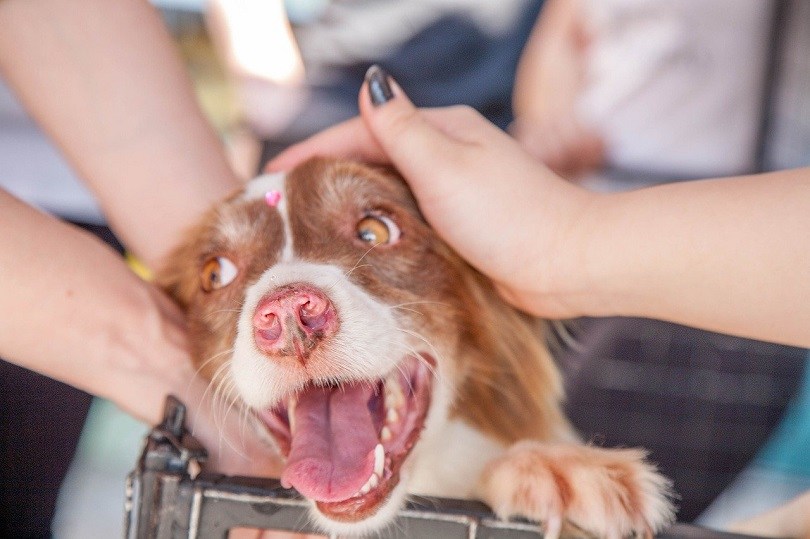
6. 22% of people believe an adopted pet will be constantly ill.
(Blackpool Gazette)
Other common reasons that people avoid adopting include the belief that an adopted pet will be constantly ill, which was cited as a concern by 22% of respondents.
7. Approximately one in five people would never consider getting an adopted pet.
(Blackpool Gazette)
As a result of the potential obstacles and barriers that people see when adopting, approximately one-fifth of those asked said that they would never consider adopting a pet. This figure may include people that would not consider getting a pet by any means.
Pet Adoption Figures
8. Approximately a quarter of a million animals end up in shelters every year.
(UK Government 1)
There are a lot of reasons that owners surrender their pets. In some cases, it can come down to financial concerns. Some pets are surrendered when their owners die or if they become so ill that they are unable to care for their pets anymore.
Following the pandemic, many pets were surrendered because owners did not have the time anymore. As a result of all of these reasons, more than 250,000 animals end up in UK shelters every year. Other groups have put this figure much higher, with some claiming it is in the millions.

9. Only 14% of owners got their dogs from a rescue or shelter.
(Statista)
Despite so many pets ending up in shelters, it is still more common for owners to get their cats and dogs from breeders. When asked where they got their pets, 14% of one survey said that they got their pets from a shelter, compared to 32% that got their pet from a breeder of one specific breed. There were 23% that got their pet from a private seller.
10. The majority of people surrendering their pets are aged under 35.
(Independent)
Millions of pets were acquired during the pandemic and owners aged between 18 and 35 were the largest age group of those that took on new pets. However, they are the most likely to surrender their pandemic pets, with 70% of owners that have surrendered their pandemic pets coming from this age group.
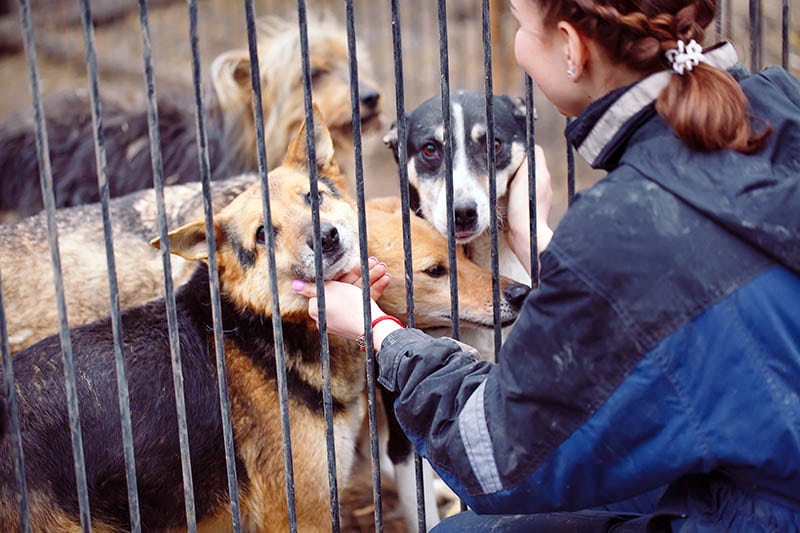
11. Dog-to-dog aggression is the most common reason adopted dogs are returned to the shelter.
(UFAW)
Unfortunately, when a pet is adopted, this isn’t always the end of the journey for them. According to one study, albeit conducted in Canada, 14% of adopted dogs are returned to the shelter and the single biggest factor that led to this was dog-to-dog aggression between the adopted dog and another dog.
12. Watford is the area with the highest interest in dog adoption.
(Benchmark Kennels)
Looking at Internet searches related to dog adoption terms, Watford is the area of the UK that has the highest interest from potential owners looking to adopt a dog. Bristol had the second highest interest and Edinburgh came in third. Of the 25 areas that were studied, Belfast had the least amount of interest in this kind of information.
The Covid Affect
13. Interest in dog adoption rose 15% during lockdown.
(Benchmark Kennels)
Lockdowns led to a spate of dog and cat adoptions. Owners were looking for companionship when socialising was restricted, and many owners specifically wanted to adopt a dog so that they had a reason to get out and take government-sanctioned walks. Internet searches for dog adoption-related terms rose by 15% during periods of Covid lockdown.
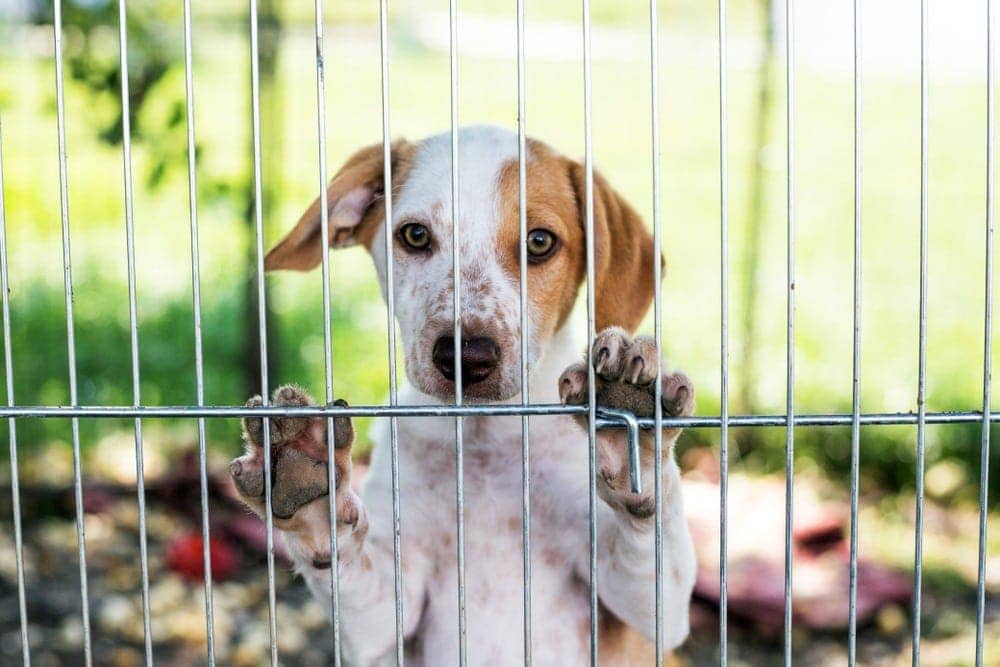
14. More than a million pets were surrendered for adoption during the pandemic.
(Independent)
Unfortunately, many pandemic pet adoptions were impulse decisions, and this led to an increase in the number of pets that were surrendered for adoption, as well as the number of pets that were acquired by new owners. More than a million pets were put up for adoption during the pandemic, and the effects of this are likely to be felt in the coming years, with increased surrender rates expected this year as well.
15. Pandemic dogs are more likely to be given up than cats.
(Independent)
Cats are considered more independent than dogs and they do not need as much hands-on care as dogs, although they do still need adequate socialisation, feeding, and more. As owners have returned to work, those that acquired new dogs have found that they do not have the time to dedicate to exercising their dogs. About 60% of the pets put up for adoption during Covid were dogs.
Microchipping
16. Since 2016, it has been a legal requirement that all dogs over 8 weeks of age be microchipped.
(Blue Cross)
One reason that pets and owners are separated is that pets can go missing. Microchipping is viewed as the most effective and efficient way to reunite owners with their lost pets.
Because of this, the UK government made it a legal requirement that all dogs over the age of 8 weeks be microchipped. This means that dogs bought from breeders should be chipped because they do not usually go home with new owners until they are at least 8 to 10 weeks old.

17. 99% of people believe it should be a law that cats are microchipped.
(UK Government 2)
Despite the success of microchipping and the fact that it is the law to have dogs microchipped, the same law does not yet exist for cats. However, the government has completed consultation and a review and has said that similar legislation will be introduced, and this will mean that all cats will legally need to be microchipped by the time they are 20 weeks of age.
18. 2.8 million cats are currently not microchipped.
(UK Government 2)
Of a population of approximately 11 million cats, 2.8 million are not currently microchipped. Microchipping costs around £10 per cat, and there are no monthly or annual registration charges. Many charities also offer free chipping, either for those on a low income or, in some cases, for all cats and owners.
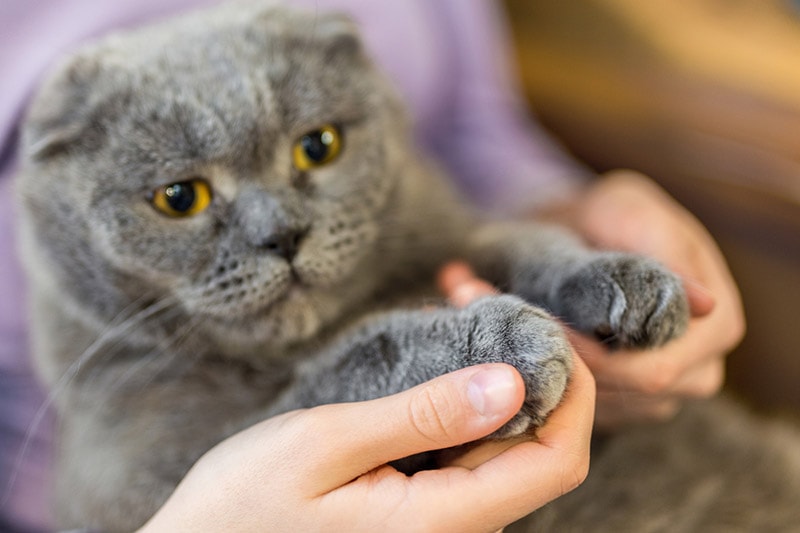
19. Eight out of 10 stray cats are not microchipped.
(UK Government 2)
Stray cats are those that once lived indoors but for several reasons, they no longer have a home. This is different from feral cats, which are cats that have never had a home and were born on the streets. According to experts, eight in 10 stray cats are not microchipped, which is a good indication that this is one of the main reasons for their homelessness.
Frequently Asked Questions About UK Pet Adoption
How much does it cost to adopt an animal?
Adoption fees vary from charity to charity and shelter to shelter. They also depend on the type of animal being adopted and, in some cases, its age. Some shelters, for example, will give old cats or dogs away to a reasonable home because they are very difficult to rehome otherwise. However, prices are usually around £200 to adopt a dog or cat.
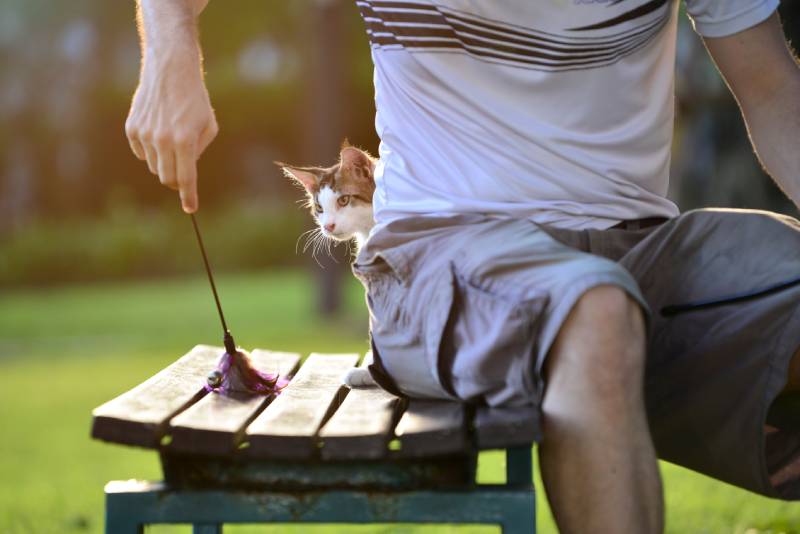
Can you adopt a pet if you live in rented accommodation?
Currently, landlords can dictate a no-pet policy, but there are plans to prohibit this so that renters would be able to have cats or dogs, except in certain circumstances. Some shelters may prevent renters from adopting pets, although this isn’t always the case because figures show that owners in rented accommodations are more likely to have to surrender pets themselves.
Why do owners adopt pets?
There are several reasons why owners adopt pets rather than buy. It can be less expensive, but the most common reason given for adopting is to save an animal’s life. This was the reason given by 60% of respondents in one survey, and 53% said they wanted to offer unconditional love. On the other hand, 45% said that they wanted to find themselves a new companion. (Blackpool Gazette)
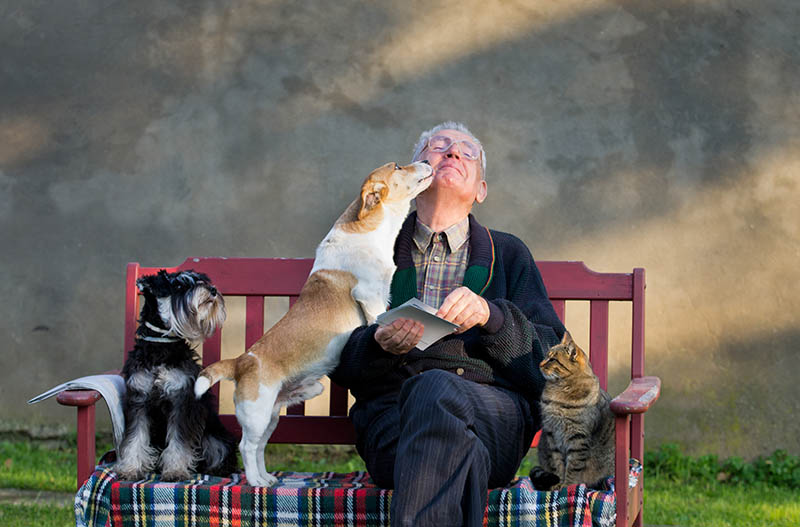
Are surrendered pets euthanised if they don’t find a new home?
Some surrendered pets do need to be euthanised. Most charities in the UK, including the RSPCA, have a policy that means they will not euthanise an animal that is healthy and that could reasonably be rehomed. Different charities do have different policies, however. (RSPCA)
Conclusion
The UK is a nation of animal lovers and, on the whole, the millions of pet owners in the country take good care of their pets throughout their whole lives. However, hundreds of thousands of pets do end up in shelters and rescue centres every year, although sometimes this is through no fault of the owner, either.
Potential owners are encouraged to adopt, rather than buy, but only around 14% of pets in the UK have come from a pet shelter with the remainder coming from other sources, such as breeders and private sales.
Featured Image Credit: RobertKneschke, Shutterstock




